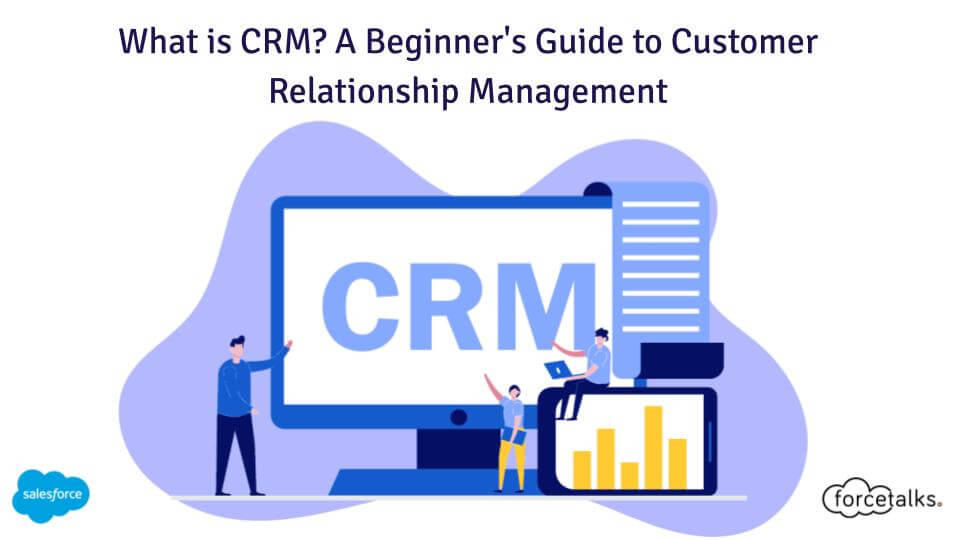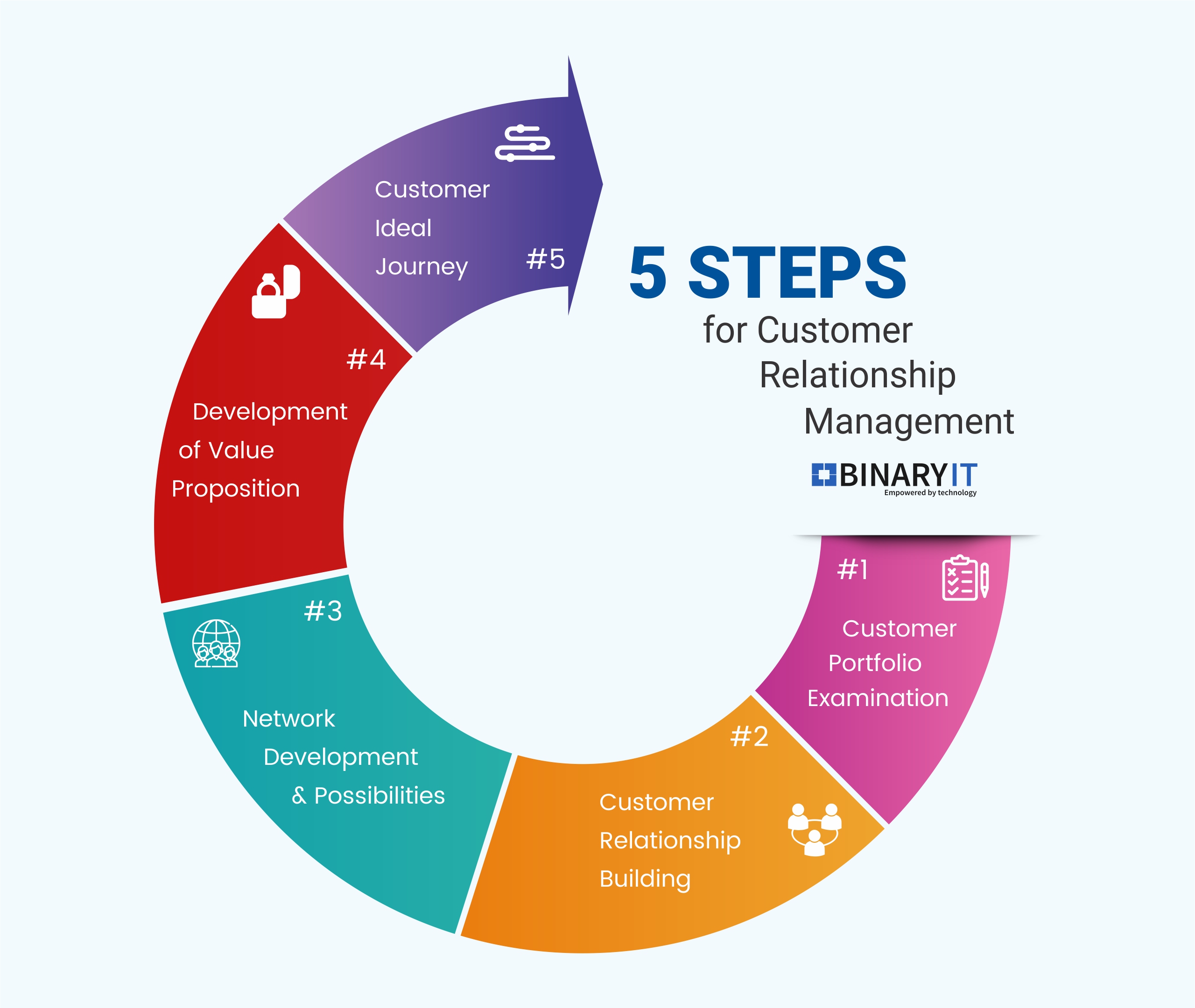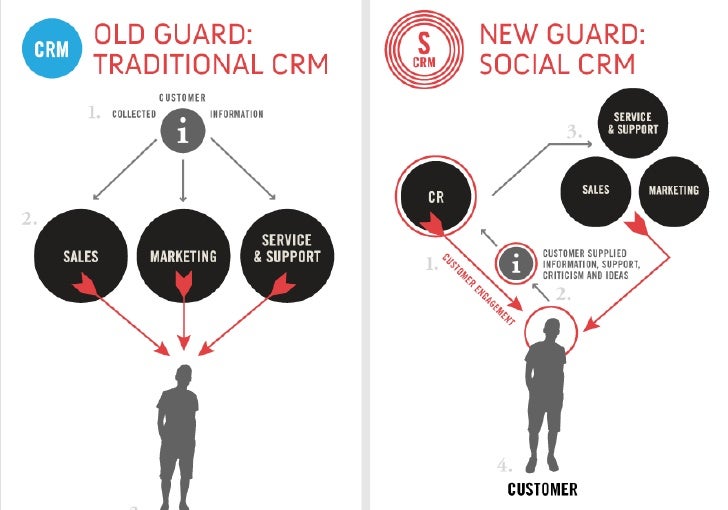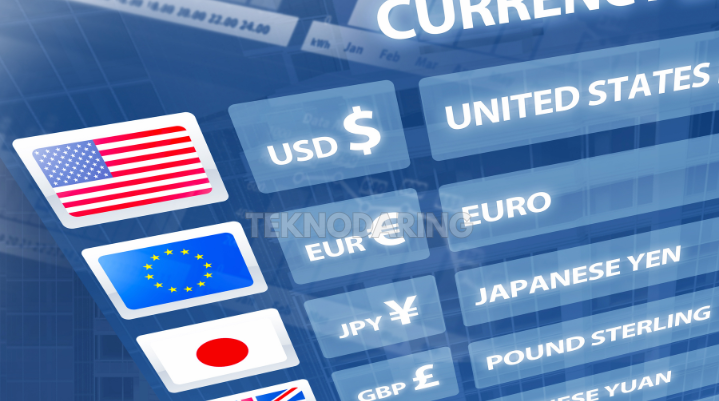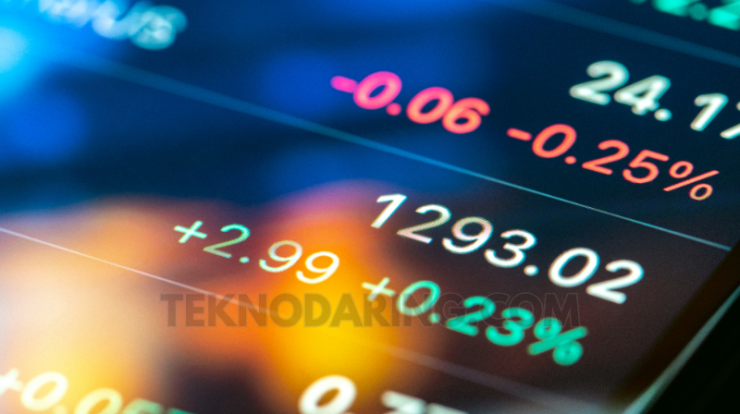
Forex Trading for Beginners – The foreign exchange market, better known as forex or FX, is the world’s largest and most liquid financial market. Every day, trillions of dollars are traded as currencies are exchanged around the globe. If you’re new to the world of investing and wondering what forex trading is all about, this beginner’s guide will break it down in simple terms.
Let’s dive into what forex trading is, how it works, and how you can get started safely and smartly.
What is Forex Trading?
Forex trading is the act of buying and selling currency pairs to profit from changes in exchange rates. Unlike stock markets, the forex market operates 24 hours a day, five days a week, across global financial centers like London, New York, Tokyo, and Sydney.
How Does Forex Trading Work?
In forex, currencies are traded in pairs — for example, EUR/USD (Euro/US Dollar). When you trade this pair, you’re buying the euro and simultaneously selling the US dollar. If the euro strengthens against the dollar, you make a profit.
The most commonly traded pairs include:
-
EUR/USD – Euro / US Dollar
-
GBP/USD – British Pound / US Dollar
-
USD/JPY – US Dollar / Japanese Yen
-
AUD/USD – Australian Dollar / US Dollar
The movement of currency values is influenced by economic news, interest rates, political events, and global market sentiment.
Why Do People Trade Forex?
Forex trading has become increasingly popular due to several unique benefits:
1. Low Capital Requirement
You can start trading with as little as $50 in some platforms, thanks to leverage, which allows you to control a larger position than your actual capital.
2. High Liquidity
With over $6 trillion traded daily, the forex market offers high liquidity, meaning you can enter and exit trades quickly without much price movement.
3. Accessibility
All you need is an internet connection, a trading platform, and some capital to begin — making forex one of the most accessible markets in the world.
Essential Forex Trading Terminology
Before diving into live trades, it’s important to understand some basic terms:
-
Pip: The smallest price move in a currency pair.
-
Leverage: Allows traders to control a large trade with a small amount of money.
-
Spread: The difference between the buy and sell price of a currency pair.
-
Lot Size: The number of currency units in a trade (standard, mini, and micro lots).
-
Stop-Loss Order: A safety mechanism that automatically closes your trade to limit loss.
Tips for Forex Trading Beginners
1. Start with a Demo Account
Most brokers offer a demo account where you can practice trading with virtual money. This helps you get used to the platform and understand how the market works without risking real cash.
2. Learn Basic Technical Analysis
Charts, price patterns, and indicators like Moving Averages and RSI (Relative Strength Index) are tools traders use to predict market movement. Take time to learn these before making real trades.
3. Manage Your Risk
Risk management is key to long-term success. Never risk more than 1–2% of your account balance on a single trade. Use stop-loss orders wisely to protect your capital.
4. Stay Updated on Financial News
Currency prices often react to global events, economic data releases, and central bank policies. Keeping up with news can give you an edge in anticipating market movements.
Final Thoughts
Forex trading for beginners can feel overwhelming at first, but with proper education, practice, and discipline, it can become a rewarding activity — whether as a side hustle or a full-time endeavor.
Start small, stay consistent, and always continue learning. Forex isn’t a get-rich-quick scheme, but with patience and the right mindset, you can build a strong foundation and grow over time.

